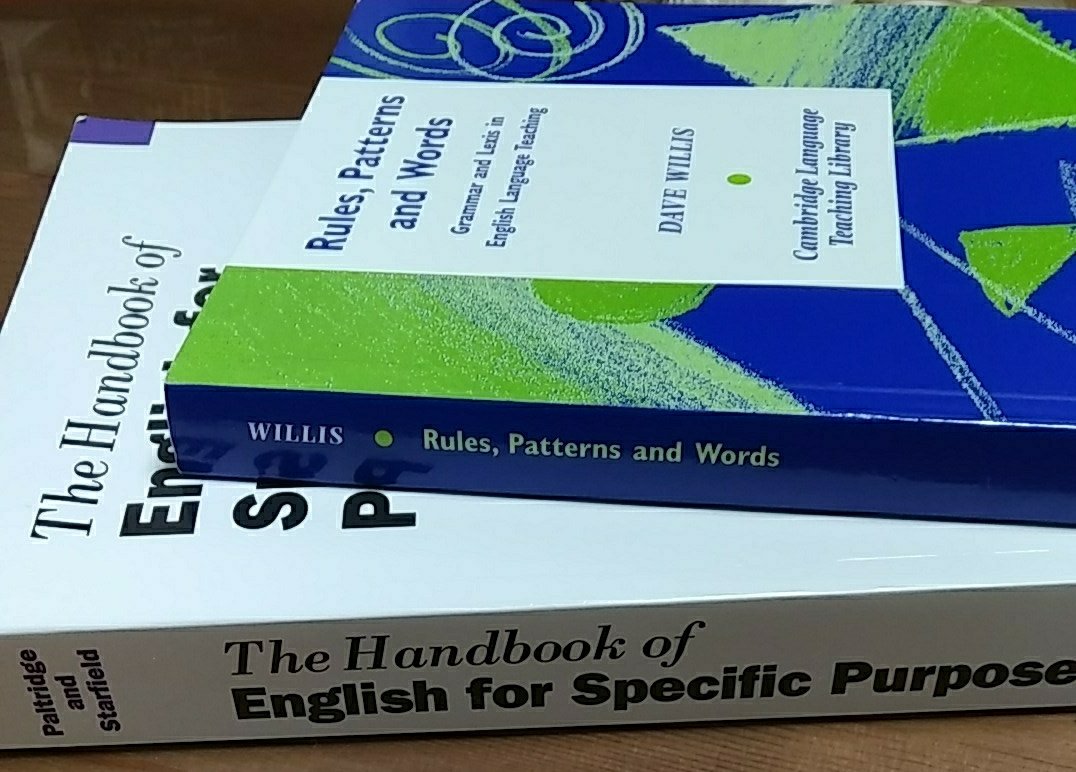
(Photo of me in front of a poster with elephants in Osaka. ©2018)
Who doesn’t like a holiday? I am supposed to be on mine but I can’t help be sort of not on holiday. I still have a bit of grading to do (deadline far enough away to not feel guilty), some other bits of projects to do, and job searching.
I am still looking for a full-time job, and am constantly looking and the jobs keep coming up, albeit some of the most interesting ones outside Kanto.
I remember there was quite a to do on Twitter among UK academics defending the summer teaching break in universities because this is when they actually get research done. Well, among serial part-timers, basically people working more teaching hours than most full-time university teaching staff, this is when we finally have time to cut and paste our CVs into bespoke bloody forms for every university job we apply to (either part or full time, tenured or contract), with ill-judged formatting choices that mean the file renders stupidly on a Windows computer but fine on a Mac or vice versa. One university that I am still thinking about applying for, and it’s just a thought because of what follows, wants publications (Check! Although maybe not high-flying enough.) and also evidence of excellence in teaching based on the dubious evidence provided in student questionnaires. I predict some humming and aahing (and aarghing) about this, if only about being bothered to find logins for the different university questionnaire websites. It makes the 500 words in L2 about my aims for a general-ESP-EAP hybrid course for a more prestigious university seem doable.
Anyway, less blog moaning. I’ll only be moaning on social media between now and the last week of August. Probably.
So, yes, my summer holiday for the next week or so will be spent with early mornings grumbling about Excel, my crappy English-to-Japanese translation skills, my dreadful keigo, and general work related faff before housework and parenting. At least it’s just a week, then it’s countdown to an actual trip!

